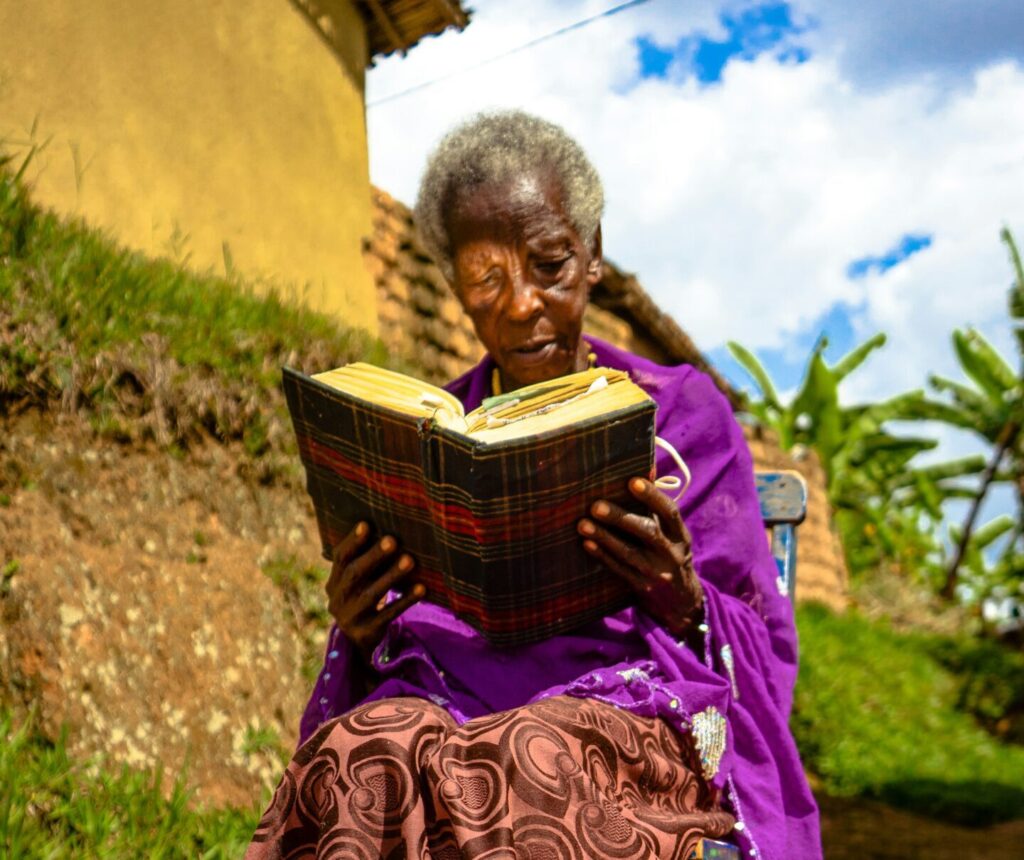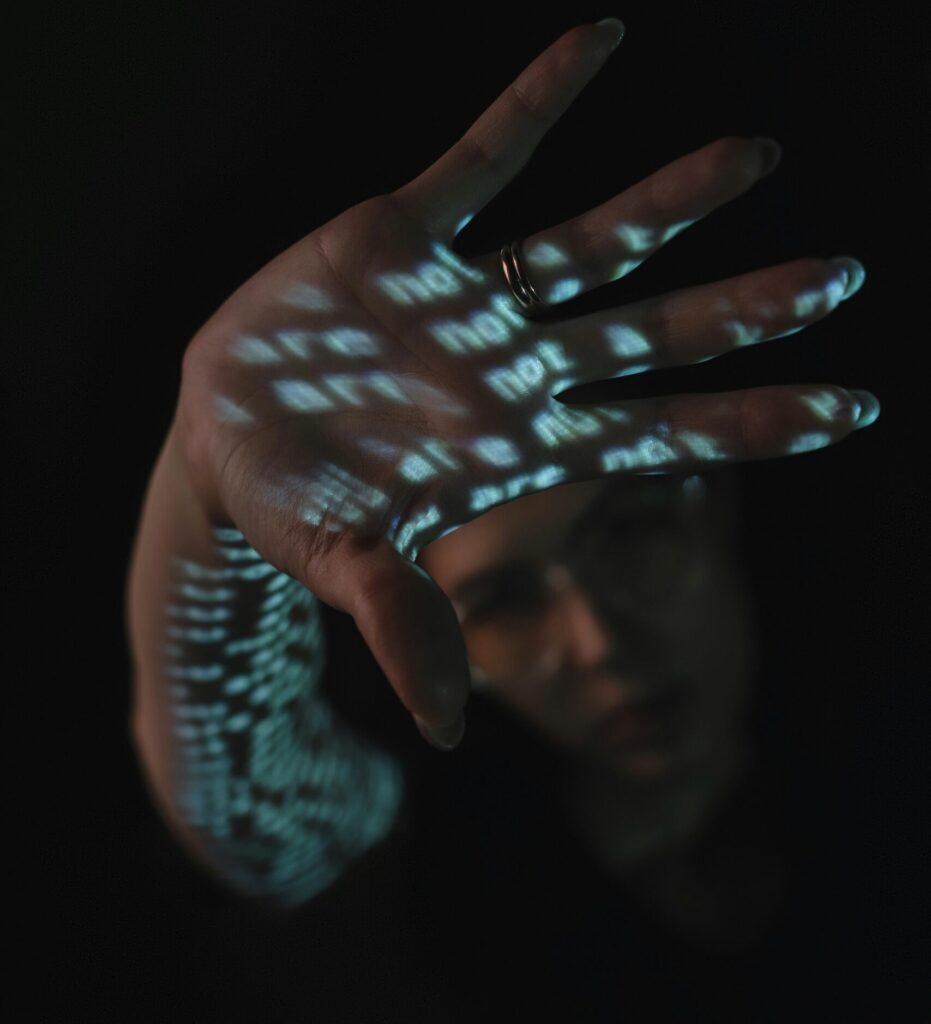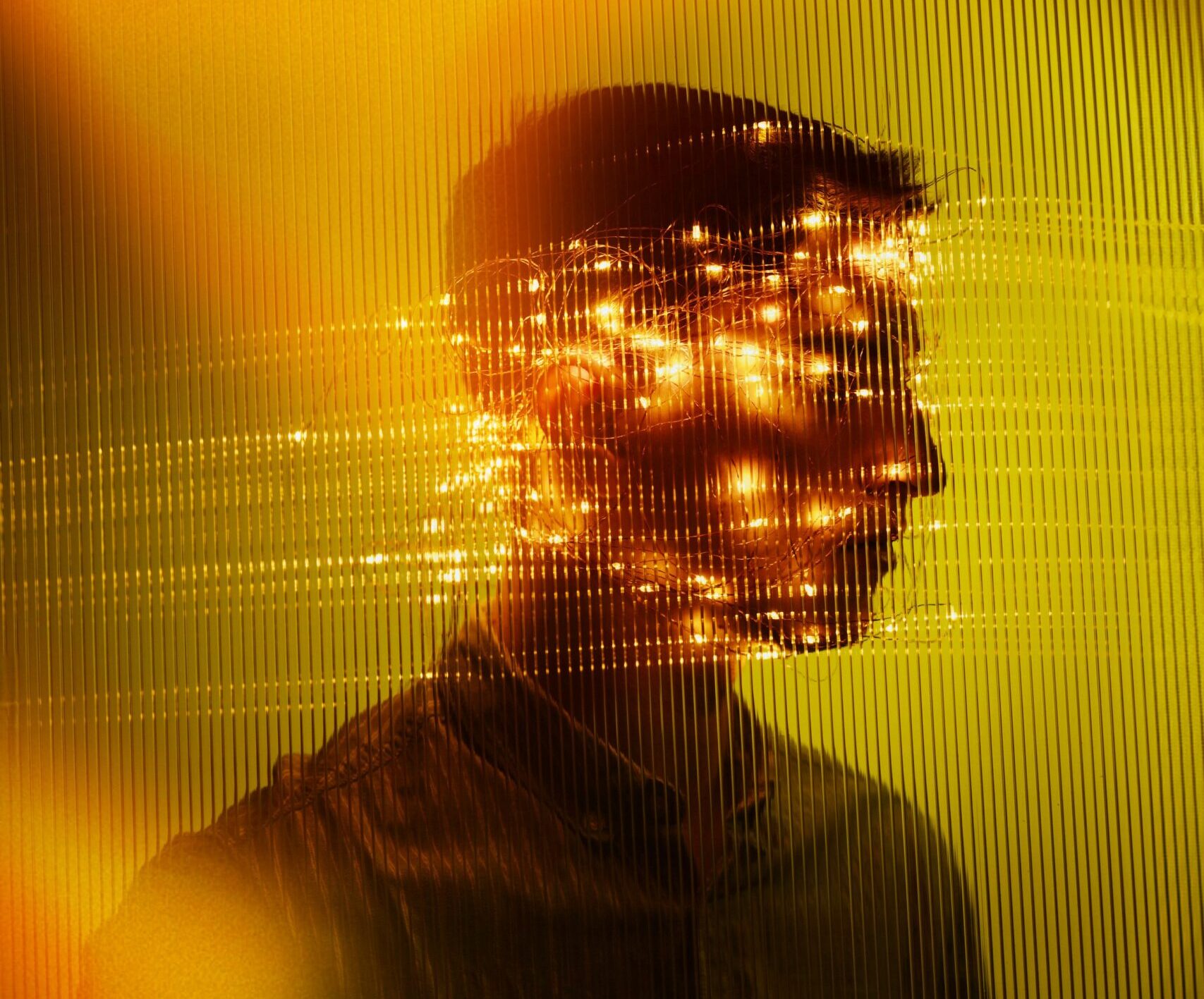Over the last few centuries, there has been a general shift from hierarchical structures, which prioritize the needs of the community and empower leaders, to flattened structures, which focus on the needs of individuals and, consequently, empower individual agency. This can be seen in the shift from monarchy to republics or the change from the Catholic Church’s theocracy in Europe to the presence of a diversity of Christian churches worldwide today.
Communication technologies have played a crucial role in this shift. According to Walter Ong, oral cultures (pre-literary societies) have depended on concrete communication, which is based on community and monolithic meaning-making, while literary culture depends on abstract communication and individualized meaning-making.[1]
That is, oral cultures depended on authorities who knew the truths about our world, be it elders or priests, as these truth-keepers were tasked with maintaining the information. In literary cultures, that job has been given to texts. And in today’s information society, that job is assigned to computers.

Texts – including books and traditional mass media – disseminate knowledge, making it more accessible and thus making ‘the playing field’ more equal. However, books and mass media in the past were still limited in their accessibility, both in terms of production and consumption. They tended to be produced by experts and consumed by “the masses”. Digital media and the mobile revolution[2], which took place circa the 2000s, created unprecedented access to information, making much of human knowledge readily available to nearly everyone at a low cost and in real time. This means that the role of authority figures as holders and creators of sacred information was deeply challenged.
To understand authority in digital media, and more specifically, digital religion, Pauline Hope Cheong[3] offers three approaches (or logics) about authority today: the logic of disjuncture and displacement, in which new media seems to erode traditional authority; the logic of continuity and complementarity, in which religious authority either controls new media for their communities, or embraces it and uses it to empower their positions; and the logic of dialectic and paradox, which “recognizes the simultaneous presence of two relational forces”[4] – in other words, a logic that recognizes that it is, in fact, complicated.

Much of my research in digital religion points to this complexity. For example, I show how digital enclaves work.[5] Websites that are created for and by religious users break the mold they were designed to protect: they allow for taboo issues to be discussed online or circumvent religious authority.[6] For example, issues of homosexuality or pornography are discussed anonymously on Christian or Jewish websites. In a profound sense, authority in digital media shifts from expertise to aggregation. For example, in one early study on how rabbis adapt to digital media, Campbell and I demonstrated how many rabbis began assessing their authority in quantitative terms: the number of questions they answered online.[7] Another way in which aggregation trumps expertise is through peer regulation, which can be observed in online Q&A forums or social media.
In an attempt to make sense of this complexity, I suggest we pay attention to the structure of the technology (what it affords) and its uses (how it is used). For example, if a religious website posts only stories edited by the religious leadership and does not allow for comments, then the power structure remains with the traditional leadership. If a religious debate occurs on social media, then control is more distributed. Suppose an influencer without any official religious training or education becomes a popular source of religious content. In that case, traditional religious authority is disrupted, and the power structure is inverted – from the bottom up, based on votes, shares, and likes coming from laypeople. In all of these examples, the logic of the internet itself prevails – a logic that, supposedly, supports personalization, individuality, choice, and a democratic epistemology.

However, even in this information age, this logic is shifting, and with this change, our notions of agency and authority continue to be challenged. The rise of datafication and Artificial Intelligence (hereafter AI) calls for us to re-examine these notions. For one, the process of datafication can turn users, even religious ones, into data points, thus, to some extent, shifting agency from the person to the data.[8] When it comes to authority, I wonder if our interactions with AI will create a new form of authority – not peer regulation, quantified authority, or digital religious creatives, but an authority that lies within the machine. Recent scholarship[9]on the study of religion and AI shows that not only do religious authorities utilize AI for religious purposes, but users also turn to AI for religious questions and insights. In this way, we are positioning AI as the Elder, the Priest, the Truth-Knower, with little insight into how that truth is known.

Footnotes
[1] Walter J. Ong, Orality and Literacy (London:Routledge, 1982).
[2] Barry Wellman and Lee Rainie, Networked: The New Social Operating System (Cambridge, MA: MIT Press, 2012).
[3] Pauline Hope Cheong, “Authority,” in Digital Religion: Understanding Religious Practice in Digital Media, ed. Heidi A. Campbell and Ruth Tsuria, 2nd ed. (New York: Routledge, 2022), 87–102.
[4] Ibid.,95.
[5] Heidi A. Campbell and Oren Golan, “Creating Digital Enclaves: Negotiation of the Internet among Bounded Religious Communities,” Media, Culture & Society 33, no. 5 (2011): 709–24.
[6] Ruth Tsuria, Keeping Women in Their Digital Place: The Maintenance of Jewish Gender Norms Online (University Park, PA: Penn State Press, 2024).
[7] Ruth Tsuria and Heidi A. Campbell, “ ‘In My Own Opinion’: Negotiation of Rabbinical Authority Online in Responsa Within Kipa.co.il,” Journal of Communication Inquiry 45, no. 1 (2021): 65–84.
[8] Pauline Hope Cheong, “Religious Datafication: Platforms, Practices, and Power,” in The Routledge Handbook of Religion and Journalism, ed. Bob Franklin and David Murphy (New York: Routledge, 2020), 397–410.
[9] Ruth Tsuria and Yossi Tsuria, “Artificial Intelligence’s Understanding of Religion: Investigating the Moralistic Approaches Presented by Generative Artificial Intelligence Tools,” Religions 15, no. 3 (2024): 375.
Work Cited
Campbell, Heidi A., and Oren Golan. “Creating Digital Enclaves: Negotiation of the Internet among Bounded Religious Communities.” Media, Culture & Society 33, no. 5 (July 2011): 709–24. https://doi.org/10.1177/0163443711404464.
Cheong, Pauline Hope. “Authority.” In Digital Religion: Understanding Religious Practice in Digital Media, 2nd ed., edited by Heidi A. Campbell and Ruth Tsuria, 87–102. Routledge, 2022.
———. “Religious Datafication: Platforms, Practices, and Power.” In The Routledge Handbook of Religion and Journalism, 1st ed., 397–410. London: Taylor & Francis Group, 2020.
Rainie, Harrison, and Barry Wellman. Networked: The New Social Operating System. Cambridge, MA: MIT Press, 2012.
Tsuria, Ruth. “Jewish Q&A Online and the Regulation of Sexuality: Using Foucault to Read Technology.” Social Media + Society 2, no. 3 (July 2016): 205630511666217. https://doi.org/10.1177/2056305116662176.
———. Keeping Women in Their Digital Place: Maintaining Jewish Gender Norms Online. University Park, PA: The Pennsylvania State University Press, 2024.
Tsuria, Ruth, and Heidi A. Campbell. “‘In My Own Opinion’: Negotiation of Rabbinical Authority Online in Responsa Within Kipa.Co.Il.” Journal of Communication Inquiry 45, no. 1 (January 2021): 65–84. https://doi.org/10.1177/0196859920924384.
Tsuria, Ruth, and Yossi Tsuria. “Artificial Intelligence’s Understanding of Religion: Investigating the Moralistic Approaches Presented by Generative Artificial Intelligence Tools.” Religions 15, no. 3 (March 21, 2024): 375. https://doi.org/10.3390/rel15030375.


